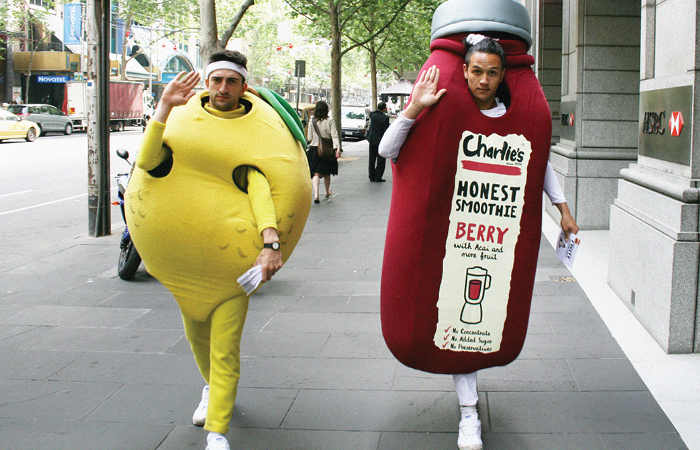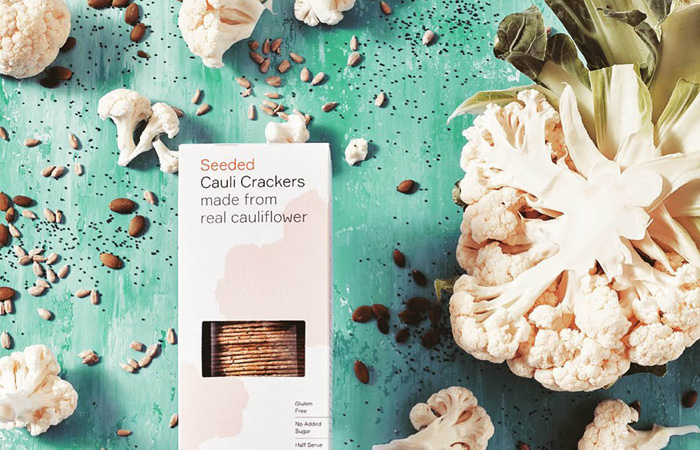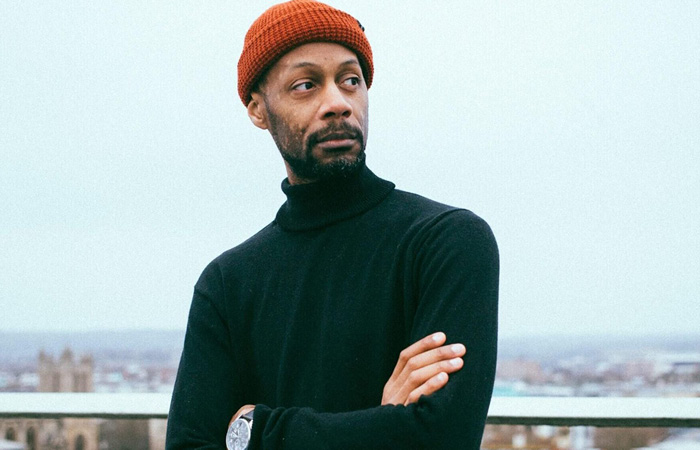ARTICLE / THE MAKING OF... SERIES
The making of...
Kindroot
If you had fifteen years building and managing healthy food, wellness and beauty brands across the globe for multinational FMCG/CPG companies at senior-level marketing levels… then surely the natural next step would be to start your own thing. Right? But what? Well if you’re Alisa, Founder and CEO of Kindroot… then it’s easy. You take your passion for health and wellness and try and create better solutions for your life-long auto-immune conditions.
Series
The making of... Series
Tags
Entrepreneurial
Start up
Welcome to The making of... blog series. To start, can you give us a bit of a background into who you are and where you’ve come from?
Hello. My name is Alisa Pospekhova and I am the Founder and CEO of Kindroot. I’m a health and wellness enthusiast, avid yogi and aspiring herbalist.
Prior to serving as CEO of Kindroot, I spent fifteen years building and managing healthy food, wellness and beauty brands across the globe, having held senior-level marketing positions at Unilever, The Wonderful Company, Nestle and Manduka Yoga. I also live in Seal Beach, California and in my free time continue my education in holistic medicine, herbalism and yoga.
WOW. That’s a lot to take in. Fifteen years building and managing healthy food, wellness and beauty brands across the globe is a pretty serious foundation to launch your own thing. With that in mind, how did you come up with the idea for Kindroot?
I've had auto-immune conditions my whole life and began working with a holistic practitioner to help me improve my immune system. Taking herbs and vitamins really improved my health, but I found most supplements difficult to travel with and also very bitter, so I decided to create a line of first functional lozenges that would be beneficial and nutritious at the same time - something that people would actually look forward to taking!
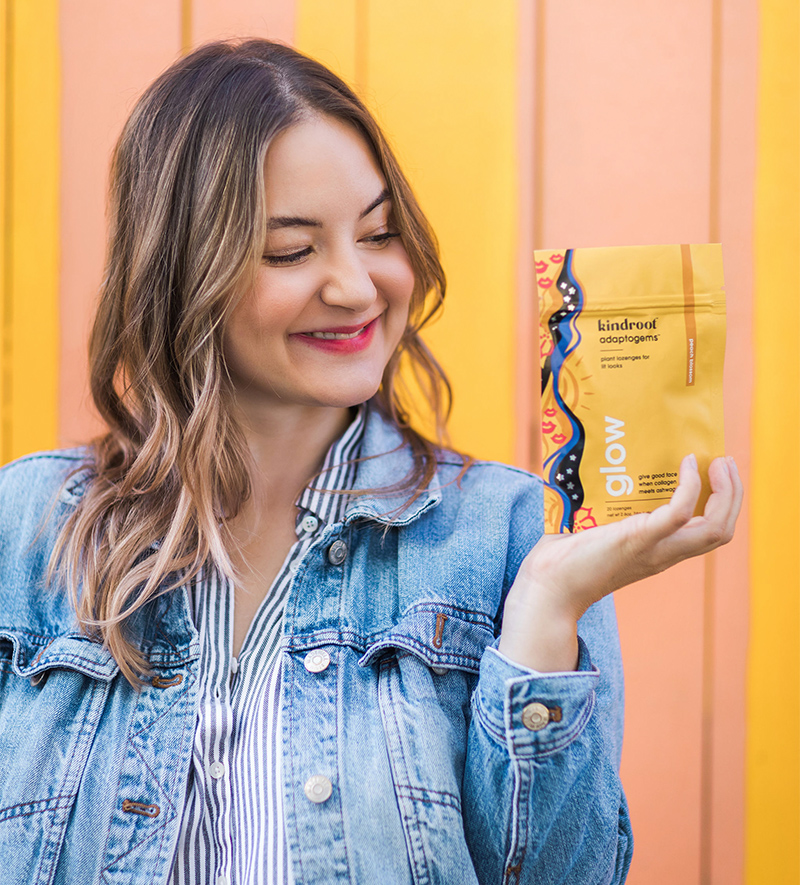
Alisa Pospekhova, Founder and CEO of Kindroot
So knowing that you had a better solution, what research did you undertake to arrive at what you've got now? How did you test your product-market fit?
Initially, I ran my idea by a few of my friends and all of them liked it. The feedback was that the idea was so simple and clear, that it would connect with a variety of consumers. Once I started work on product prototypes, I would take samples with me to parties and ask random strangers to taste them and share their thoughts. I always did this in smaller settings because when you are introducing something that is new and innovative to the market, larger surveys don't tend to work because many people have a hard time conceptualising the idea.
This is a great approach to getting honest feedback and something we one hundred per cent agree with. Speaking of prototypes. What were the first iterations of Kindroot like?
Oh, they were a disaster! There is a lot of science that goes into lozenge making. Understanding cooking points, moisture levels, pH - lots of chemistry. I was constantly making formulas that were either too stiff to work with or came out gooey. I also burned a few and set off fire alarms. Eventually, after a few months, I made one that was decent, and then I hired a candy scientist to help me take it over to the finished product and develop a process for commercial production.
Fire alarms, disasters, moisture levels… yep it sounds like a typical founder startup story. So with your product sorted and ready to head into commercial production, how did you initially fund everything?
Kindroot is still proudly self-funded, so I've done it with a mix of personal savings and a small business line of credit.
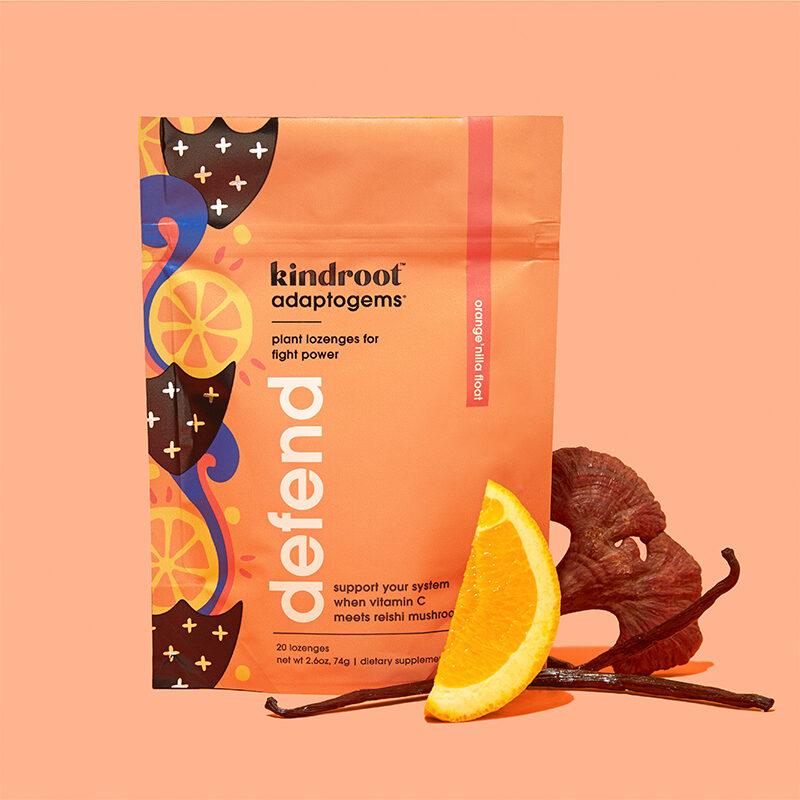
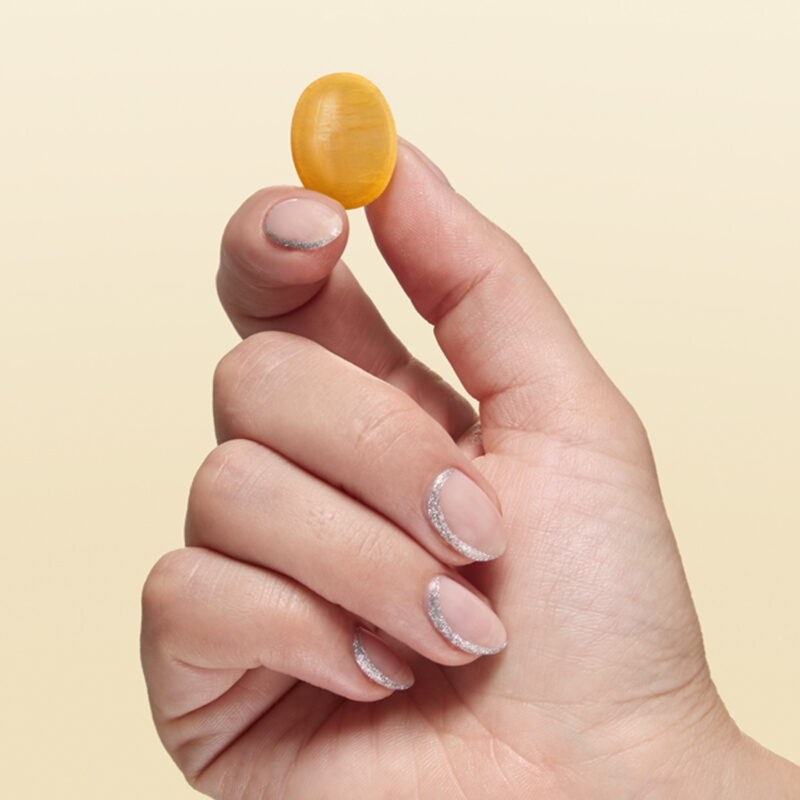
Funding is always difficult which is why a lot of founders bootstrap. So well done. And what about your branding? Can you tell us about the process and how you arrived at where you are today?
This was my favourite part! I had a vision for a brand in my head and it was all very clear. I wanted it to be retro-inspired, but still clean, modern and timeless in execution. Today many brands go for a clean and almost exclusive look but I wanted kindroot to feel fun, joyful, cute and accessible (not words you often find in brief decks!)
I had a whole vision deck put together along with Pinterest boards full of my likes and dislikes. I then found an independent creative duo who fully shared my vision for the brand and wanted to create something super custom and special - and they absolutely rocked it!
Kindroot came out better than I had envisioned and fully embodies where I want to take the brand.
This is music to our ears. As a branding agency, it can sometimes be difficult to understand what’s inside a founder's head. Having visuals is a great way to not only share your thoughts but also to better articulate what you’re looking for when it comes to developing a brand. And what about awareness? How are you getting the word out there? How are you scaling Kindroot?
Being limited by budget means that I have to be creative. I do a lot of organic social posting across all channels - Instagram, TikTok and Pinterest. We seed influencers and rely on partnerships with other brands and advocates to spread the word.
I have a wonderful friend who does PR outreach for me.
Apart from that, I partner with our retailers on promotions, endcaps and social exposure.
Thinking about the future. What would you say are the biggest challenges you’ll face moving forward?
Running a small business means that there is always a new challenge every day. So I stopped second-guessing them and every challenge day by day.
I really feel that the hardest part is behind me. Getting a company off the ground and the first year in business is the hardest, so whatever comes my way in the future - I am ready for it.
Ok, here's our final question. Knowing what you know now, what advice would you give another entrepreneur who is embarking on their own startup journey?
Guard your mental health and make sure that you have a strong support network around you - whether it is family, friends or other founders - those people are crucial to helping you get through the tough parts.
Make sure to have an outlet - pick a hobby, sport, travel - whatever. It is very easy to get sucked into working 24 hours a day and 7 days a week, but that leads to burn-out and kills your creativity and motivation, so having a way to refill your soul is important.
